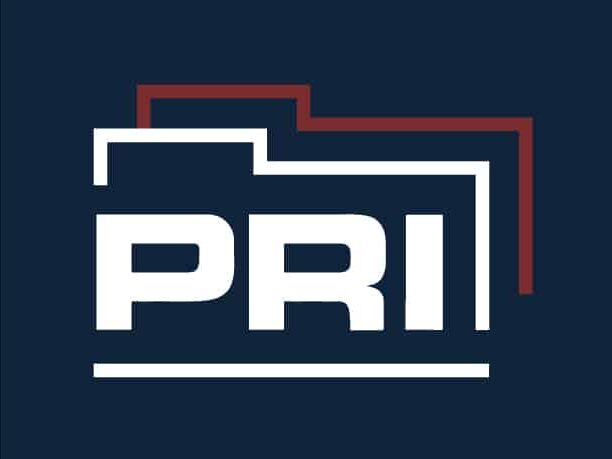Those who work in police records positions are responsible for ensuring that information which is produced and received by their agency is handled according to internal policy and the law. Law enforcement agencies maintain information which is strictly regulated and must abide by specific legislation which determines what can and cannot be made available to the public.
[stextbox id=”grey” float=”false” align=”left”]
It is also the responsibility of police officers and supervisors to ensure that what the records unit receives from them is accurate, error free, well written, and legally compliant. This shared responsibility is the foundation of efficiency and mutual respect, which when combined with the effective use of technology provides for a proficient records management operation with the time and ability to move forward.”
Edward Claughton, Founder IIPRM[/stextbox]
Police records personnel are responsible for:
- Reviewing and approving police records
- Producing crime statistics
- Storing, routing, and destroying records and data
- Coordinating information with other agencies
- Submitting information to the judicial system
- Responding to freedom of information requests
A major area of focus is ensuring compliance with public records law. Each state has different laws regulating the release of records to the public including juvenile reports, accidents, arrest records, and correspondence. Today’s technology allows citizens to get copies of reports online, a huge time savings for records units.
Our resource center contains public records guides, technology info and more.

 0 ITEMS
0 ITEMS